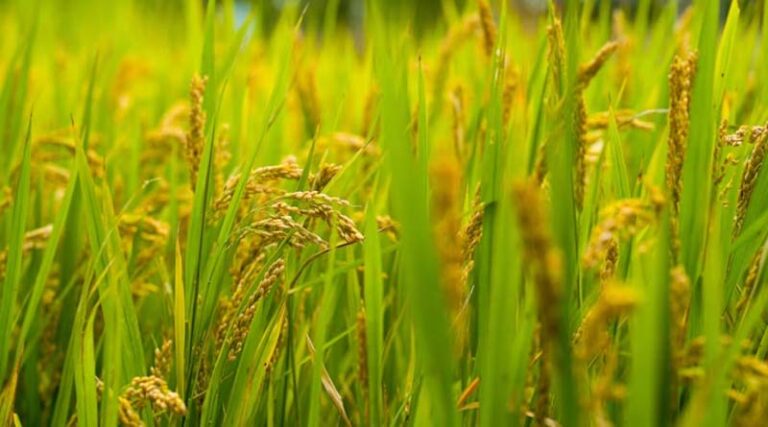
Paddy Harvest 2025: Expert Tips to Protect Your Crops from Pests and Climate Risks
29 September 2025, New Delhi: As the paddy harvest approaches this October, Indian farmers are facing growing concerns due to climate variability and pest pressures. Rising temperatures, unpredictable monsoon patterns, and high humidity create ideal conditions for insect attacks and fungal infections, threatening both yield and grain quality. To ensure a profitable harvest, adopting climate-resilient practices and effective crop protection measures is crucial. According to experts from Dhanuka Agritech, timely interventions and integrated strategies can help farmers safeguard their crops during this critical period.
Moisture and Water Management
Erratic rainfall can lead to excess water or sudden dry spells in paddy fields. Farmers are advised to implement alternate wetting and drying (AWD) irrigation, which optimises water usage and improves soil aeration. Proper bunding helps prevent water runoff, while laser land levelling ensures uniform moisture distribution. These practices also reduce the breeding grounds for pests such as the brown planthopper, which thrives in stagnant water.
Soil and Nutrient Health
Healthy soils are the foundation for strong crops. Using green manures, biofertilizers, and organic amendments improves soil health and supports beneficial microorganisms. Balanced use of micronutrients like zinc and iron can reduce spikelet sterility and enhance grain filling. Additionally, cultivating climate-resilient paddy varieties enables crops to better withstand fluctuating weather conditions.
Pest and Disease Management
During grain-filling and ripening, pests such as stem borer, brown planthopper, gall midge, and leaf folder pose a significant threat, while diseases like blast, sheath blight, and bacterial leaf blight can cause substantial losses if not managed promptly. Experts recommend Integrated Pest Management (IPM) approaches combining preventive and curative methods. Early detection through pheromone and light traps, along with neem-based and microbial formulations, helps naturally control insect populations. Systemic insecticides, absorbed and transported within the plant, remain effective against stem borers and hoppers. Dual-purpose fungicides with both protective and curative action are essential to control fungal diseases and protect grain quality.
Smart Farming Tools
Digital advisories, sensor-based monitoring, and drone applications allow farmers to apply treatments more precisely, saving time, labour, and resources. Dhanuka Agritech highlights the importance of combining soil health management with targeted crop protection strategies to achieve sustainable results. Using these climate-smart approaches, paddy farmers across India can protect their fields from pest and climate challenges, ensuring better yields and higher-quality grains this harvest season.
Also Read: Coffee Board Opens Draft Sustainability Standards for Indian Coffee to Stakeholder Feedback
📢 If You’re in Agriculture, Make Sure the Right People Hear Your Story.
From product launches to strategic announcements, Global Agriculture offers unmatched visibility across international agri-business markets. Connect with us at pr@global-agriculture.com to explore editorial and advertising opportunities that reach the right audience, worldwide.






